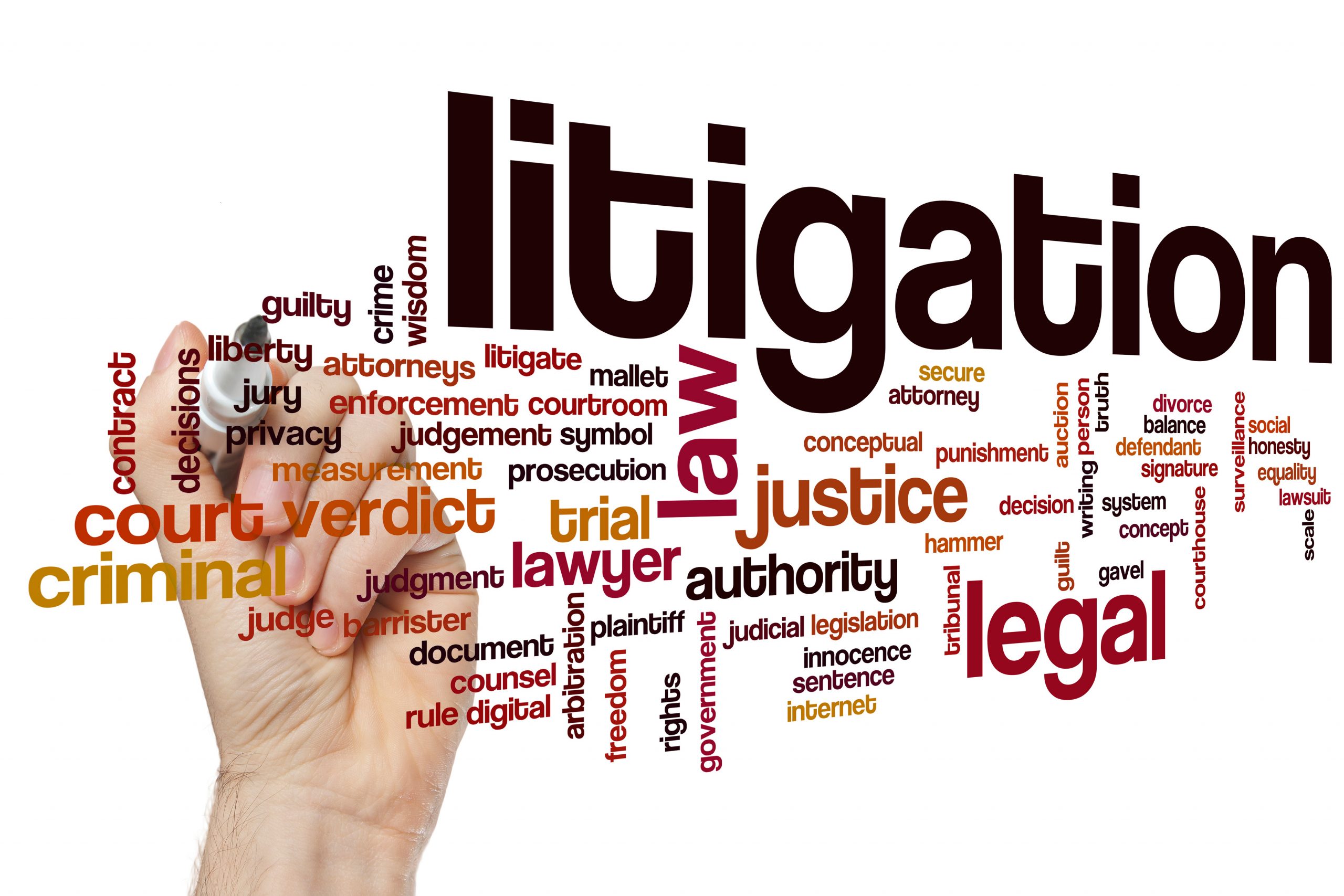Overview
Out of all the areas of law, probate probably ranks near the top of those that ordinary people would likely to experience during their lifetimes. Though the probate process is commonly encountered by families that have not taken their time to invest in the trust-based estate planning, it is often misunderstood, leading to fear, delay, and sometimes avoidance of filing the probate case.
Probate is the formal court-supervised process of collecting a decedent’s (person who has died) assets, notifying legitimate creditors of the death, settling claims, and distributing the remaining assets to heirs or to those designated in a will. Probate is a public process and typically initiated by a close family member or executor named in a will. It should be initiated shortly after death. In small estates (discussed later), a less formal process may be available.
While there is no requirement to use a lawyer for probate administration, typical probate is a rather formal and complicated process. One minor omission, one failure to send a timely notice, or a missed deadline, can cause the entire process to come to a grinding halt or extend the probate administration process for months, if not years.
Psychological Aspects of Probate Administration
The psychological aspects of the probate administration are just as important as the procedural. The death of a family member or friend sometimes tends to bring out the very worst in some people. Experience shows that even in close families there is a tendency to get overly emotional about relatively trivial matters at the time of a loved one’s death. Siblings often fight over who gets the iron frying pan and who gets the kettle. Such minor matters and any delays or inconveniences can be upsetting, undermine the perception of fairness, and create unfounded suspicion among family members. Thus, it is generally a good idea to “let a lawyer do it” and help the parties to reach a fair and amicable solution.
Yet, probate rarely benefits the estate or beneficiaries. In fact, the main purpose of the probate is to collect the deceased person’s assets to satisfy his or her creditors’ claims – NOT to distribute assets to the deceased person’s beneficiaries. Beneficiaries are last in line to receive any distributions! It always costs them money and time, making the entire process available to the public. Moreover, if you own property in another state or country, the probate process will be even more complicated because your family may face multiple probate cases after your death, one in each state where you owned property – even if you have a Will. And, if probate is contested, there will be significant legal and administrative costs charged against the estate – money that could have been distributed to the heirs. So, unless you have a small estate (in Illinois, less than $100,000), you should consider investing in a trust-based estate plan.
Let us help you avoid the probate nightmare. Contact us to start planning your estate.
Disclaimer: This article is intended to serve as a general summary of the issues outlined therein. While this article may include general guidance, it is not intended as, nor is it a substitute for, a qualified legal advice. Your receipt of this article from Lexern Law Group, Ltd. (the “LLG”) or any of its attorneys does not create an attorney-client relationship between you and the LLG. The opinions expressed in this article are those of the authors of the article and does not reflect the opinion of the LLG.

